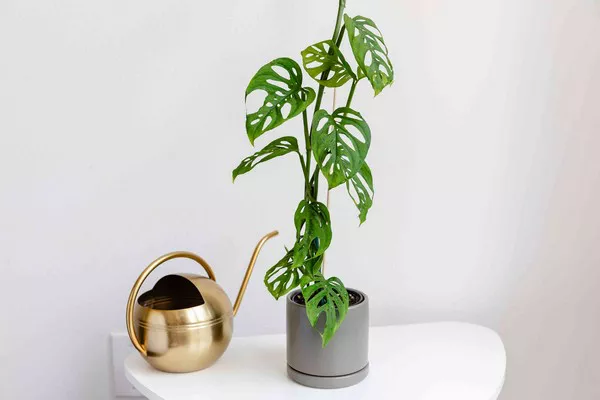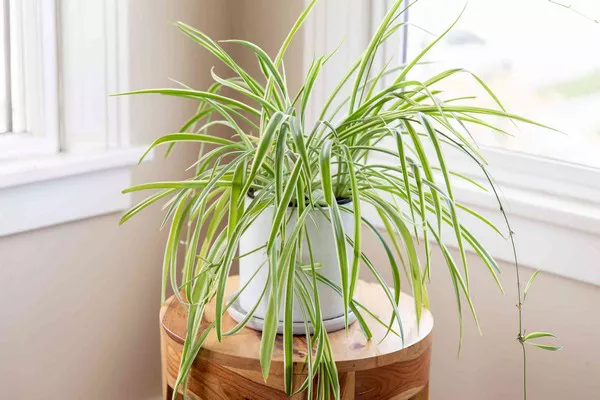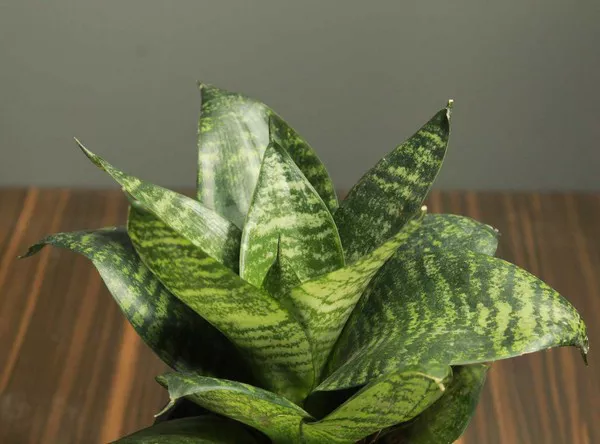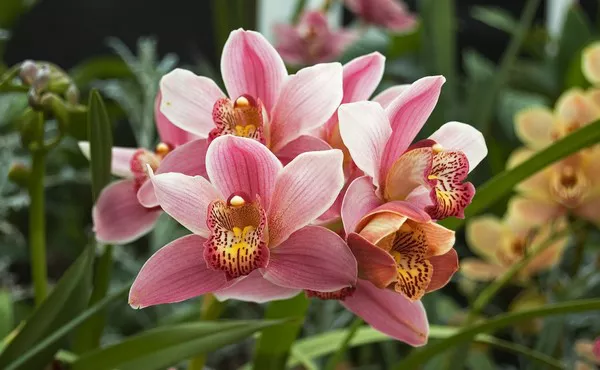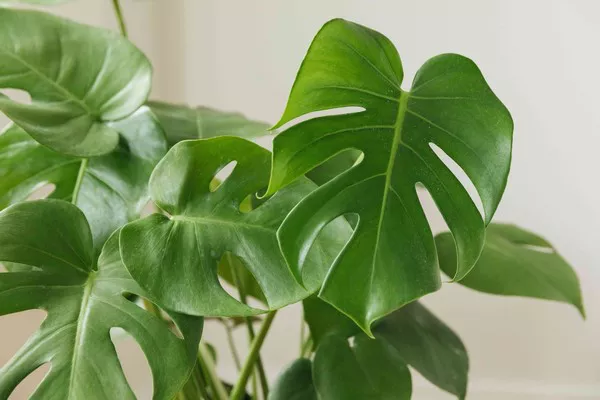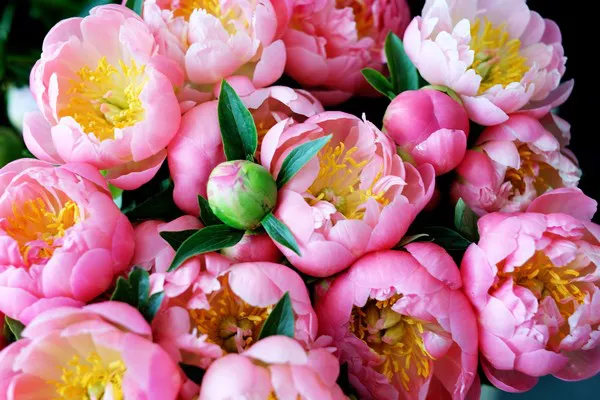While many flowers dazzle us with their vibrant colors and fragrant scents during the daylight hours, there exists a hidden world of nocturnal blooms that only reveal their splendor under the cover of darkness. In this article, we embark on a journey to explore 15 fascinating night-blooming flowers, each with its own unique adaptations and allure. From the enchanting moonflower to the elusive night-blooming cereus, these nocturnal beauties remind us of the magic that unfolds in the quiet hours of the night.
15 Night-Blooming Flowers
1. Moonflower (Ipomoea alba):
As the sun sets and darkness descends, the moonflower unfurls its luminous white blossoms, releasing a sweet, intoxicating fragrance that fills the night air. Native to tropical and subtropical regions of the Americas, the moonflower is named for its habit of blooming under the light of the moon. With its large, trumpet-shaped flowers and rapid growth rate, the moonflower adds a touch of celestial beauty to any garden or landscape.
2. Night-blooming Jasmine (Cestrum nocturnum):
With its clusters of tiny, white flowers and intoxicating scent, the night-blooming jasmine casts a spell of enchantment on those who encounter it after dark. Native to tropical regions of the Americas and the Caribbean, this aromatic shrub releases its fragrance most intensely at night, attracting pollinators such as moths and bats. Despite its delicate appearance, the night-blooming jasmine is a hardy and adaptable plant, thriving in a variety of soil types and growing conditions.
3. Night Phlox (Zaluzianskya capensis):
Native to southern Africa, the night phlox dazzles with its star-shaped flowers and sweet, jasmine-like fragrance. As night falls, the flowers of the night phlox open to reveal delicate petals that emit a powerful scent, attracting nocturnal pollinators such as moths and beetles. With its compact growth habit and long blooming period, the night phlox is a popular choice for moonlit gardens and nocturnal landscapes.
4. Night-scented Stock (Matthiola longipetala):
With its tall, spiky blooms and intoxicating fragrance, the night-scented stock adds a touch of elegance to the night garden. Native to the Mediterranean region, this biennial plant produces clusters of small, white or purple flowers that open at dusk and release their fragrance throughout the night. Despite its delicate appearance, the night-scented stock is a resilient and easy-to-grow plant, thriving in a variety of soil types and growing conditions.
5. Night-blooming Water Lily (Nymphaea odorata):
Floating gracefully on the surface of ponds and waterways, the night-blooming water lily enchants with its fragrant, star-shaped blossoms that open at dusk and close at dawn. Native to North America, this aquatic plant is prized for its ornamental beauty and ability to attract nocturnal pollinators such as moths and beetles. With its large, glossy leaves and delicate flowers, the night-blooming water lily adds a touch of tranquility to any aquatic garden or landscape.
6. Night-blooming Cereus (Epiphyllum oxypetalum):
As darkness falls, the night-blooming cereus awakens from its slumber, unfurling its exquisite, white flowers that emit a heavenly fragrance. Native to tropical regions of the Americas, this epiphytic cactus blooms only once a year, typically in late spring or early summer, and its flowers last for just one night. With its ethereal beauty and ephemeral nature, the night-blooming cereus is a coveted treasure among plant enthusiasts and collectors.
7. Night-blooming Orchid (Bulbophyllum nocturnum):
Hidden deep within the forests of New Guinea, the night-blooming orchid reveals its intricate blooms only under the cover of darkness. With its small, purple flowers and unique growth habit, this rare orchid is adapted to the dim light conditions of the forest floor, where it attracts nocturnal pollinators such as moths and beetles. Despite its elusive nature, the night-blooming orchid serves as a reminder of the beauty and diversity of tropical ecosystems.
8. Night-blooming Datura (Datura inoxia):
With its trumpet-shaped flowers and hallucinogenic properties, the night-blooming datura has long been revered for its spiritual significance and medicinal uses. Native to the Americas, this perennial plant blooms at night, releasing its fragrant flowers that attract nocturnal pollinators such as moths and bats. Despite its toxic nature, the night-blooming datura continues to captivate with its otherworldly beauty and mysterious allure.
9. Evening Primrose (Oenothera biennis):
As the sun sets and darkness falls, the evening primrose unfurls its delicate, yellow flowers that emit a sweet, lemony fragrance. Native to North America, this biennial plant blooms at dusk and attracts nocturnal pollinators such as moths and bees. With its tall, slender stems and prolific flowering habit, the evening primrose adds a touch of golden radiance to any garden or landscape.
10. Night-blooming Jessamine (Cestrum nocturnum):
With its clusters of tubular, white flowers and intoxicating scent, the night-blooming jessamine casts a spell of enchantment on those who encounter it after dark. Native to tropical regions of the Americas and the Caribbean, this fragrant shrub blooms at night, attracting pollinators such as moths and bats. Despite its toxic nature, the night-blooming jessamine continues to captivate with its ethereal beauty and alluring fragrance.
11. Night-flowering Catchfly (Silene noctiflora):
With its delicate, pink flowers and intricate growth habit, the night-flowering catchfly adds a touch of grace to the nocturnal landscape. Native to Europe and Asia, this annual plant blooms at night, releasing its sweet fragrance that attracts nocturnal pollinators such as moths and beetles. Despite its ephemeral nature, the night-flowering catchfly serves as a reminder of the beauty and resilience of nature.
12. Night-blooming Stock (Matthiola bicornis):
With its clusters of fragrant, white flowers and compact growth habit, the night-blooming stock brings a touch of elegance to the moonlit garden. Native to the Mediterranean region, this biennial plant blooms at night, attracting pollinators such as moths and beetles. Despite its delicate appearance, the night-blooming stock is a hardy and adaptable plant, thriving in a variety of soil types and growing conditions.
13. Night-blooming Nicotiana (Nicotiana sylvestris):
With its tall, slender stems and clusters of white, trumpet-shaped flowers, the night-blooming nicotiana adds a touch of ethereal beauty to the nocturnal garden. Native to South America, this annual plant blooms at night, releasing its sweet fragrance that attracts nocturnal pollinators such as moths and bats. Despite its toxic nature, the night-blooming nicotiana continues to captivate with its delicate appearance and alluring scent.
14. Night-blooming Campion (Silene latifolia):
With its clusters of pink or white flowers and intricate growth habit, the night-blooming campion illuminates the night garden with its ethereal beauty. Native to Europe and Asia, this perennial plant blooms at night, releasing its sweet fragrance that attracts nocturnal pollinators such as moths and beetles. Despite its delicate appearance, the night-blooming campion is a resilient and adaptable plant, thriving in a variety of soil types and growing conditions.
15. Night-blooming Phlox (Zaluzianskya divaricata):
With its star-shaped flowers and intoxicating fragrance, the night-blooming phlox enchants with its ethereal beauty and mysterious allure. Native to southern Africa, this perennial plant blooms at night, releasing its sweet scent that attracts nocturnal pollinators such as moths and beetles. Despite its delicate appearance, the night-blooming phlox is a hardy and adaptable plant, thriving in a variety of soil types and growing conditions.
See Also: 10 Best Flowers To Gift To Your Girlfriend/Wife
Conclusion:
Night-blooming flowers add a touch of enchantment to the nocturnal landscape, revealing their hidden beauty under the cover of darkness. From the celestial glow of the moonflower to the fragrant allure of the night-blooming jasmine, these nocturnal blooms captivate with their ethereal beauty and mysterious allure. As we embrace the mystique of the night garden, let us revel in the splendor of these nocturnal treasures and celebrate the magic that unfolds in the quiet hours of the night.
You Might Be Interested In:

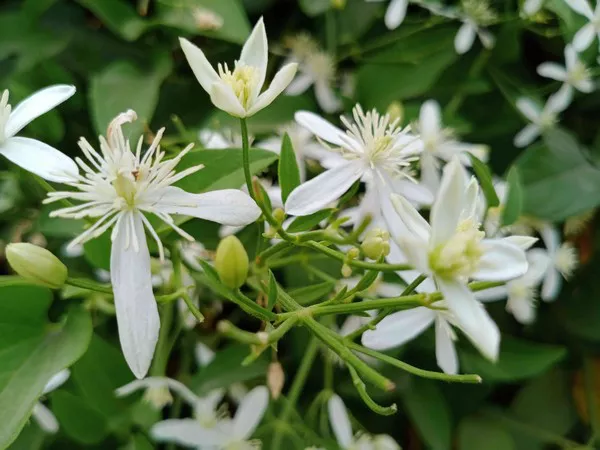

![10 Most Richest Cities in the United States [Revealed!]](https://www.validdownloads.com/wp-content/uploads/2023/12/Manjula-Pothos.webp)
